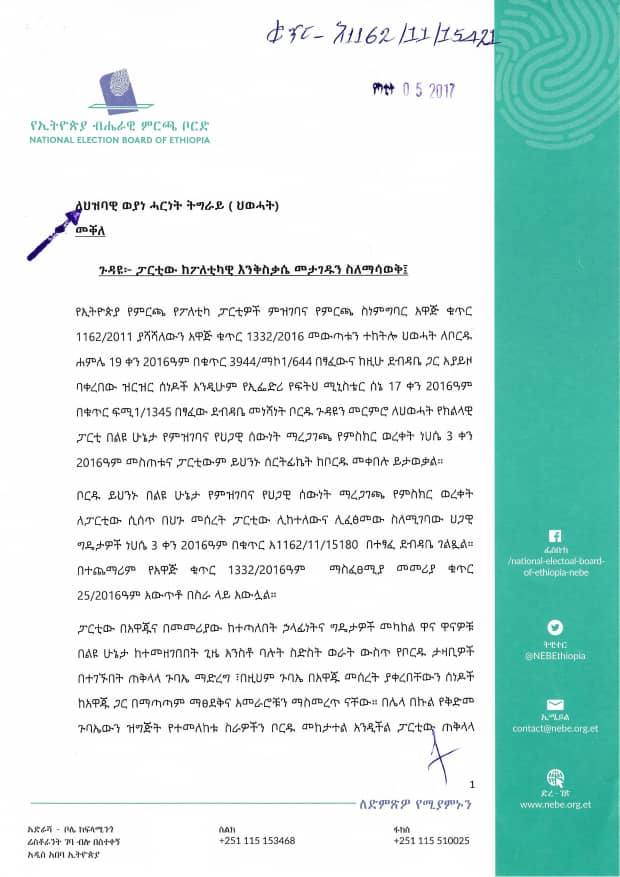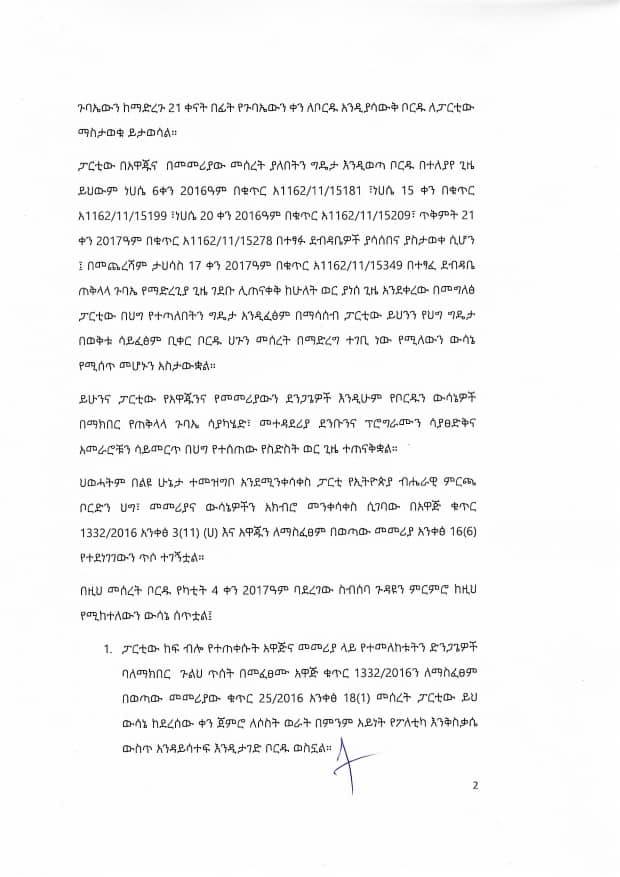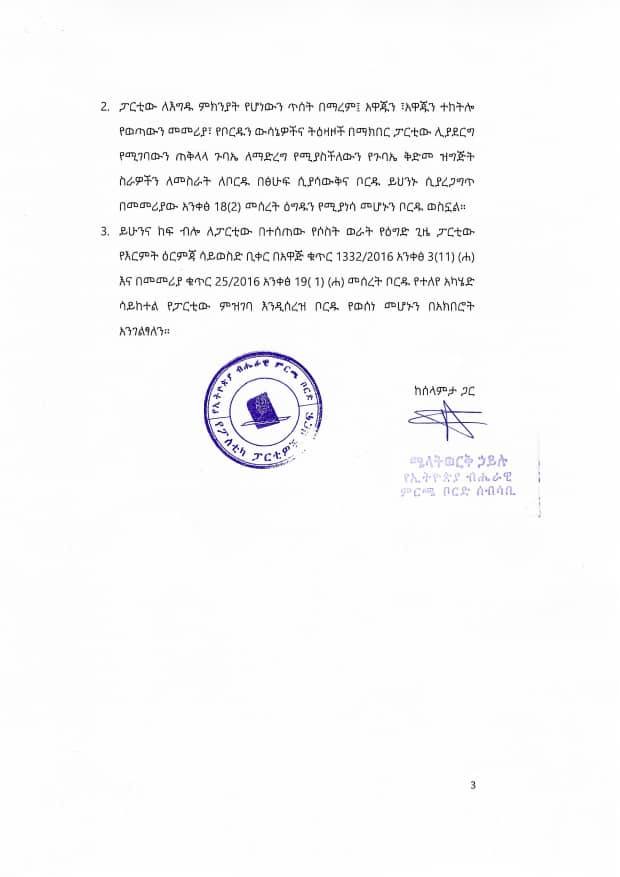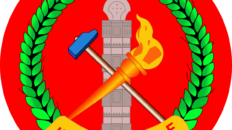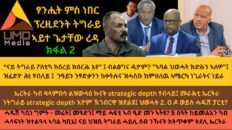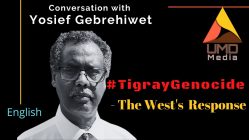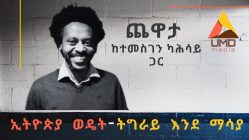UMD Media, February 13, 2025
The National Election Board of Ethiopia (NEBE) has officially suspended the Tigray People’s Liberation Front (TPLF) as a political party, citing non-compliance with electoral laws. The decision, which comes just five days before the party’s planned 50th-anniversary celebrations on February 18, 2025, casts significant uncertainty over TPLF’s political future.
Reasons for Suspension
According to NEBE’s decision letter posted on its official social media accounts, the suspension is based on TPLF’s failure to comply with key legal requirements outlined in Ethiopia’s electoral laws. After its re-registration as a regional political party in August 2024, TPLF was required to hold a general assembly, approve its program and bylaws, and elect its leadership within six months. However, the party did not fulfill these obligations despite repeated notices from NEBE. Letters sent in August, October, and December 2024 urged the party to take corrective measures, but no significant action was taken. In its final warning on December 26, 2024, NEBE informed TPLF that it was nearing the deadline for compliance. The board determined that TPLF’s inability to meet these essential requirements constitutes a serious violation of Ethiopia’s electoral regulations.
The August 2024 re-registration itself was controversial, as it followed TPLF’s designation as a terrorist organization by the Ethiopian Parliament during the Tigray War. The party was later delisted from the terrorist designation in March 2023, paving the way for its political re-entry. The re-registration sparked debates about whether it was a new registration or a restoration of its previous legal status, leading to legal and political disputes over its legitimacy.
Further complicating matters, TPLF is currently split into two factions following an internal power struggle. The division emerged after a controversial congress held in August 2024 by one faction led by Debretsion Gebremichael, which was later deemed illegal by the election board. This factional split has further weakened the party’s organizational structure and contributed to its current crisis. It remains unclear whether today’s suspension applies to the second faction led by Getachew Reda, the President of the Tigray Interim Regional Administration (.
A Politically Charged Context
The suspension of TPLF’s political activities comes just days after Ethiopian Prime Minister Abiy Ahmed wrote a letter directed at Tigrayans, both inside Tigray and in the diaspora. His message echoed the war rhetoric that preceded the outbreak of the Tigray War in November 2020. Meanwhile, reports indicate that the arrest of Tigrayans in Addis Ababa has intensified in recent days, further raising tensions.
On the same day that NEBE announced TPLF’s suspension, Prime Minister Abiy Ahmed posted images of his meeting with generals of the Ethiopian National Defense Forces (ENDF) on his official social media accounts. In his post, he stated that the meeting was held to discuss national and regional peace and security issues. Such high-level military discussions were also common in the weeks leading up to and during the previous war, leading to growing concerns about the current situation.
A Tigrayan analyst who spoke to UMD Media noted that the timing of the suspension, the rhetoric from the government, and the optics of military meetings have sparked fears of a new conflict. According to the analyst, many Tigrayans are worried that Ethiopia may be heading toward another war, given the historical pattern of events leading up to the last conflict.
Consequences of the Suspension
As a result of this decision, TPLF is now prohibited from engaging in any political activities until May 13, 2025. During this period, the party is expected to rectify its legal violations by convening its long-overdue general assembly, officially approving its internal governance documents, and electing new leadership. NEBE has made it clear that if these steps are not taken within the given timeframe, the party will face permanent deregistration as a political entity.
A Historic Moment for TPLF
The suspension comes at a critical moment for TPLF, which was preparing to celebrate its 50th anniversary on February 18, 2025. Founded in 1975, the party played a central role in Ethiopian politics for decades, leading the Ethiopian People’s Revolutionary Democratic Front (EPRDF) coalition, which ruled the country for nearly 30 years. However, following the Tigray War (2020–2022) and the shifting political landscape in Ethiopia, TPLF’s influence has diminished significantly. This latest decision further threatens the party’s standing, leaving its future uncertain.
It remains unclear whether the 50th anniversary celebration, which has been in preparation for months in Tigray, will be impacted by this decision. The TPLF faction led by Debretsion Gebremichael has recently faced accusations of coercing internally displaced persons (IDPs) into making financial contributions for the event. Reports indicate that IDPs were threatened with losing their IDP status and residence identification cards if they failed to contribute. In response, the World Food Programme (WFP) expressed concern in an official letter, warning against the exploitation and manipulation of vulnerable IDPs under the pretext of “saving the party” through coercive fundraising methods.
What’s Next?
With this suspension, TPLF faces a critical deadline. If the party does not comply with NEBE’s directives by May 13, 2025, it risks being permanently removed from Ethiopia’s political registry. Political analysts suggest that TPLF must act swiftly to hold its required meetings and address its legal shortcomings if it wishes to maintain its status as a political party.
NEBE has reaffirmed its commitment to upholding electoral laws and ensuring all political parties operate within Ethiopia’s legal framework. However, the uncertainty surrounding the status of the second TPLF faction under Getachew Reda adds another layer of complexity to the situation. The board has not yet clarified whether today’s suspension applies to both factions or only to the leadership under Debretsion Gebremichael.
As concerns grow over the political and security situation in Ethiopia, questions remain over whether the government’s actions signal a broader crackdown on opposition groups or potential escalation of tensions.
For now, TPLF remains in political limbo, with its legal standing and future hanging in the balance.
